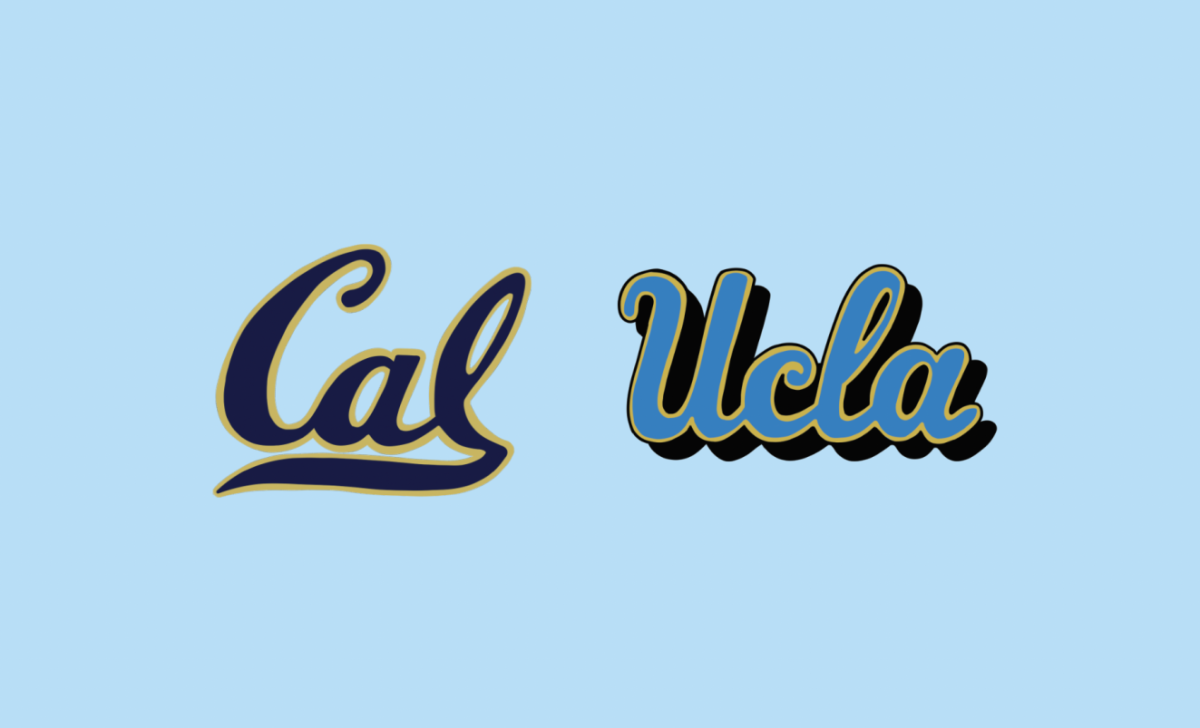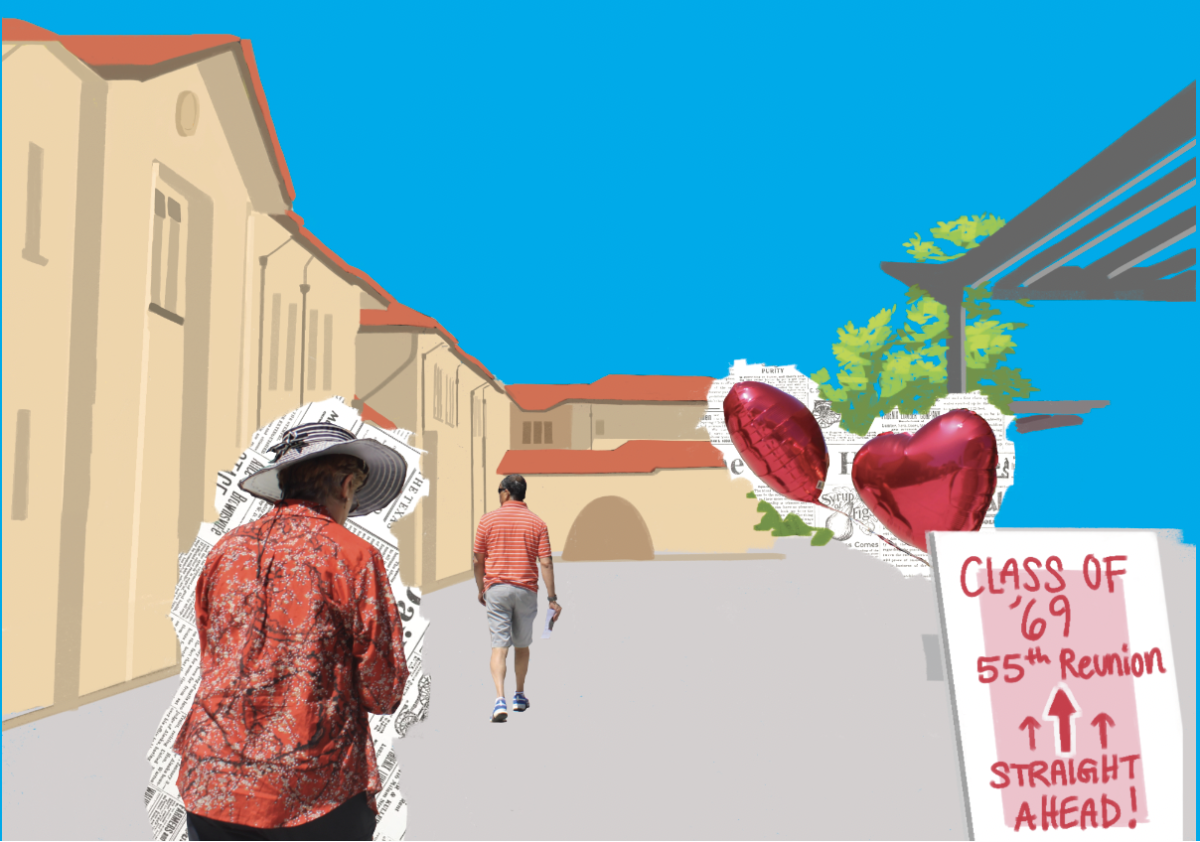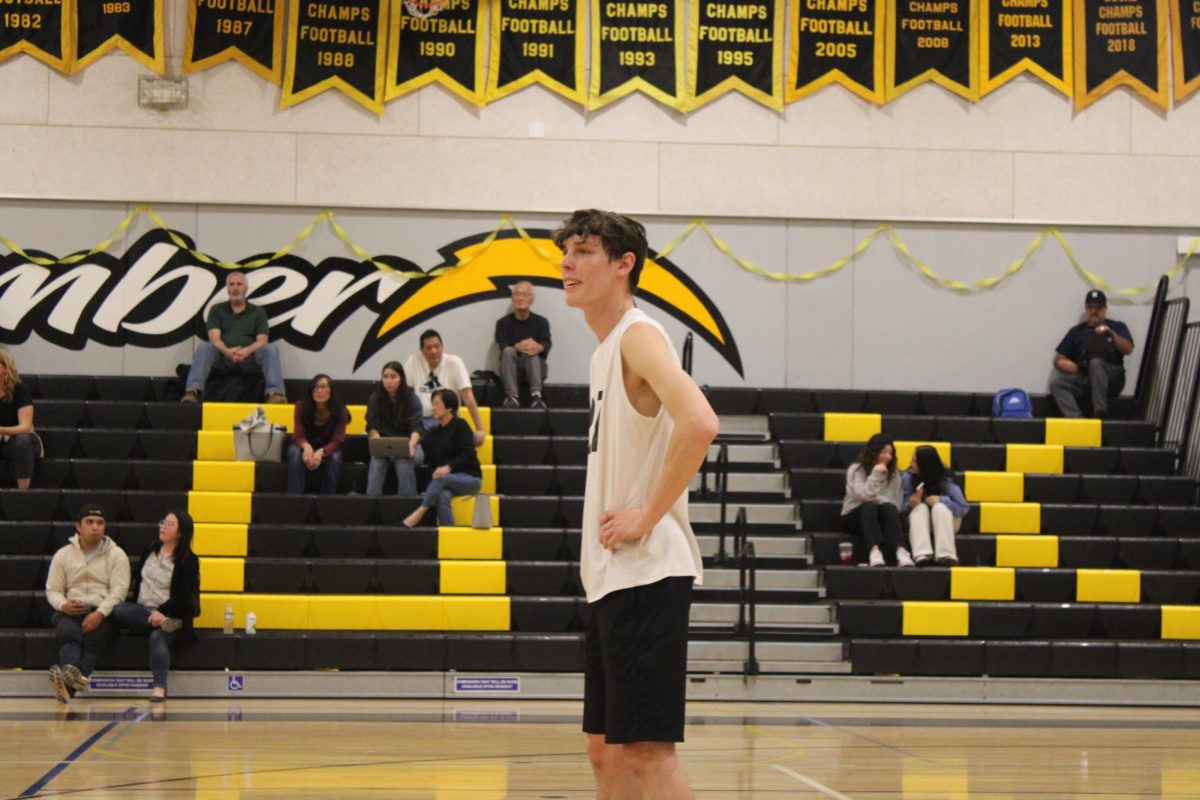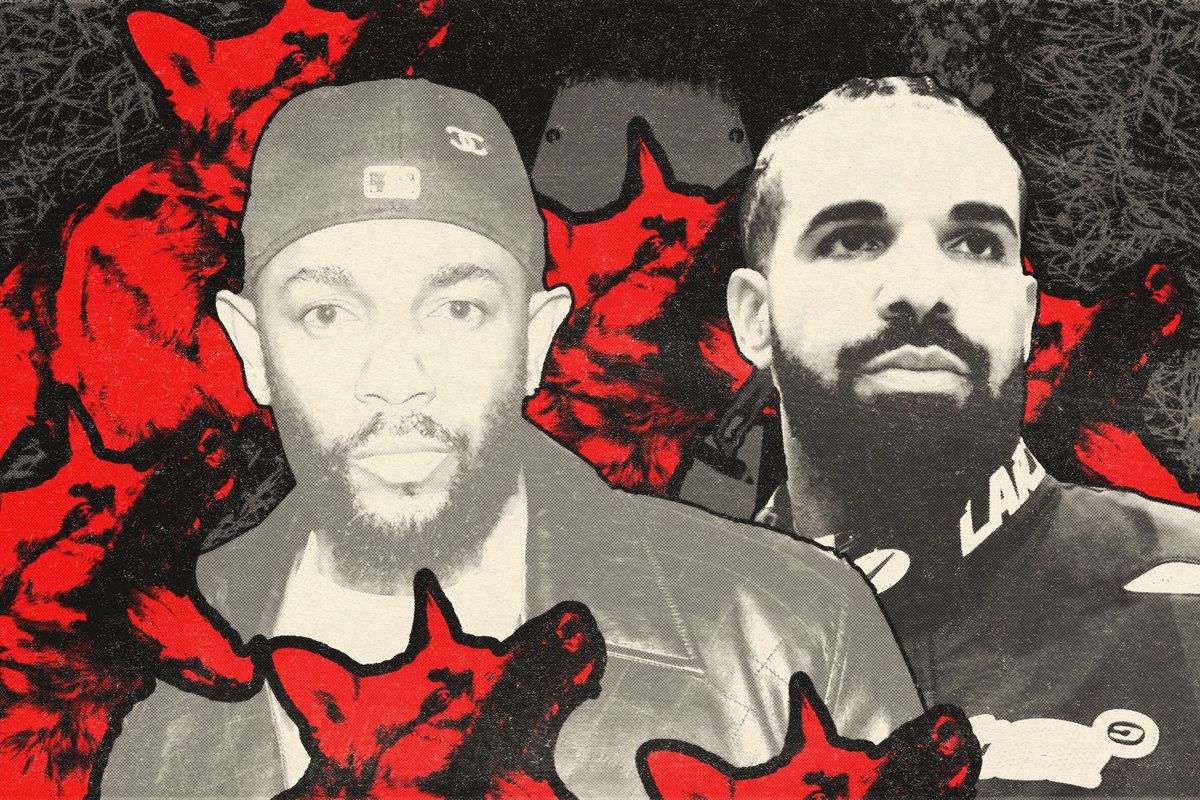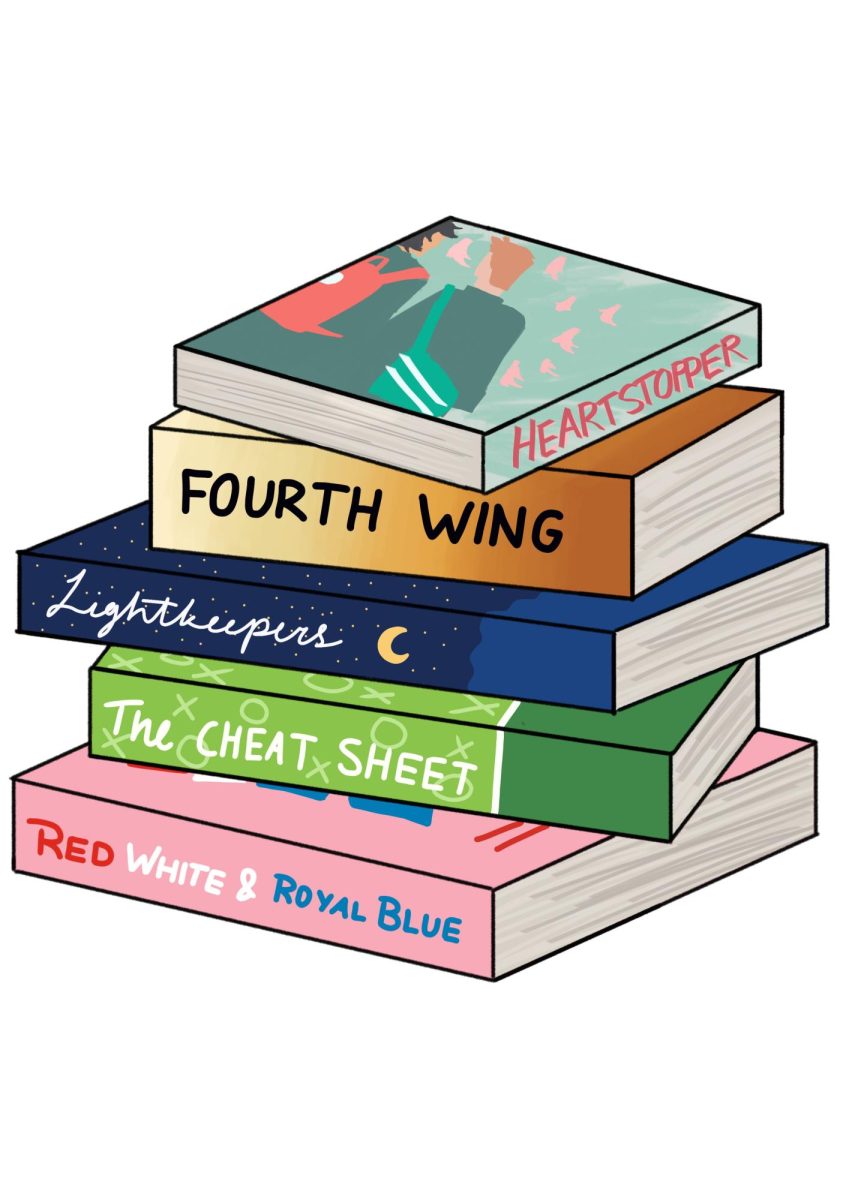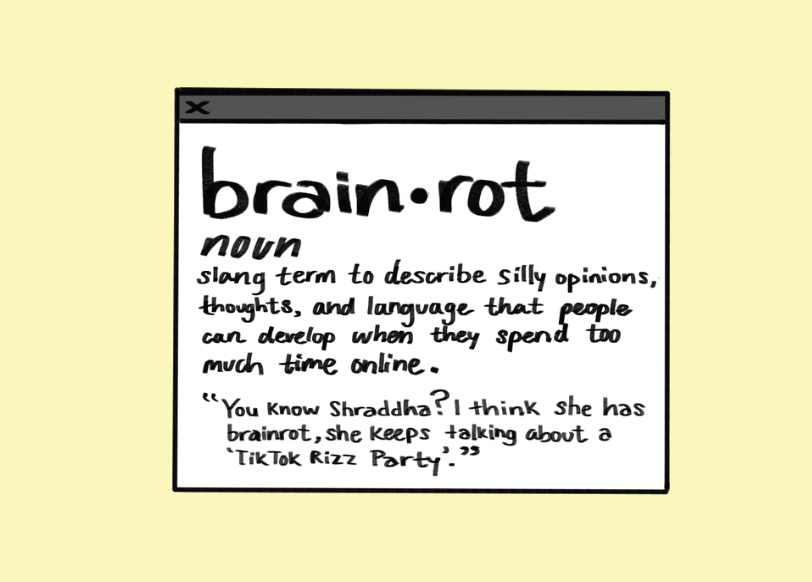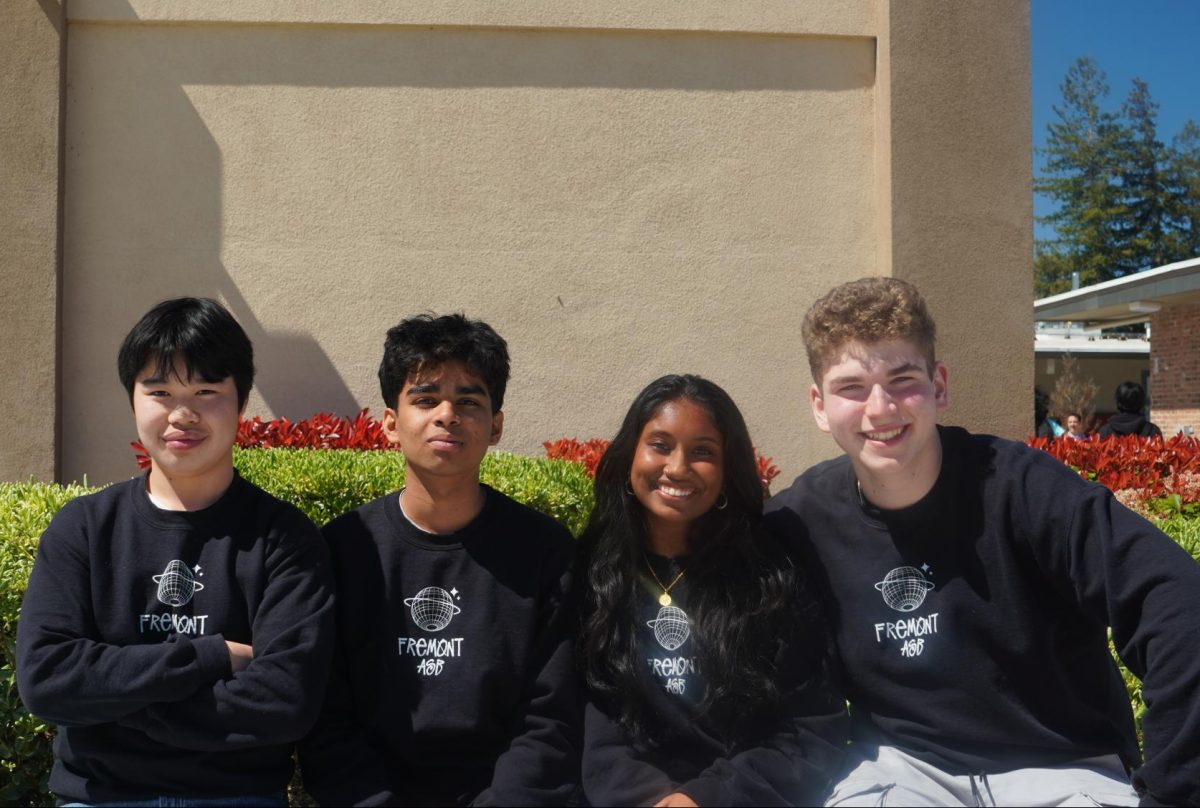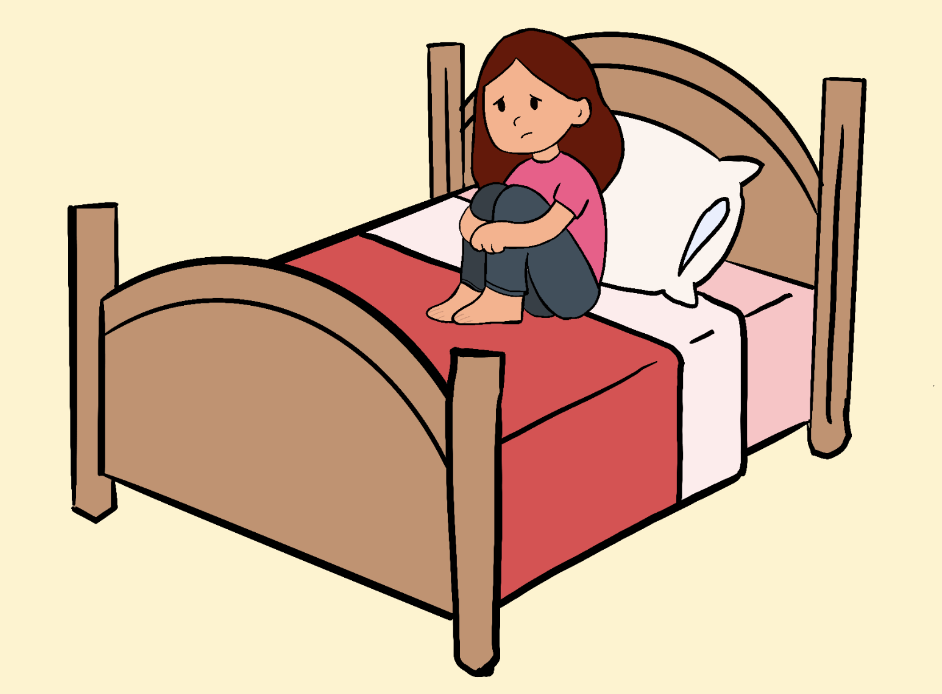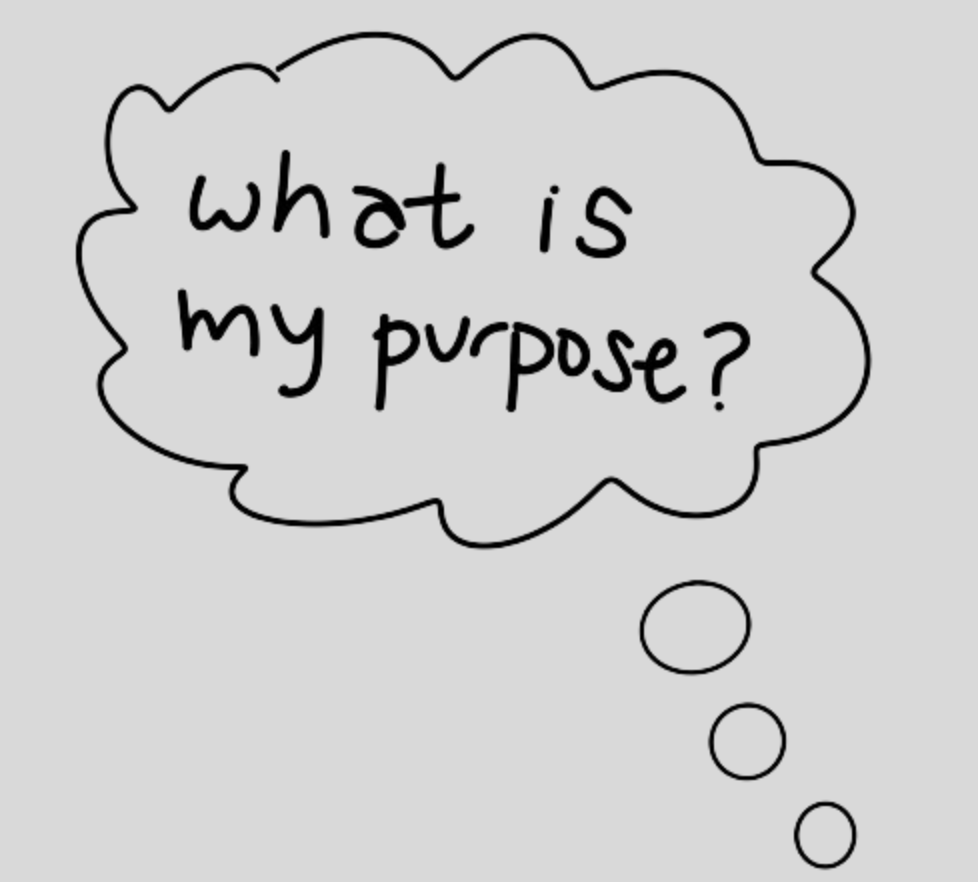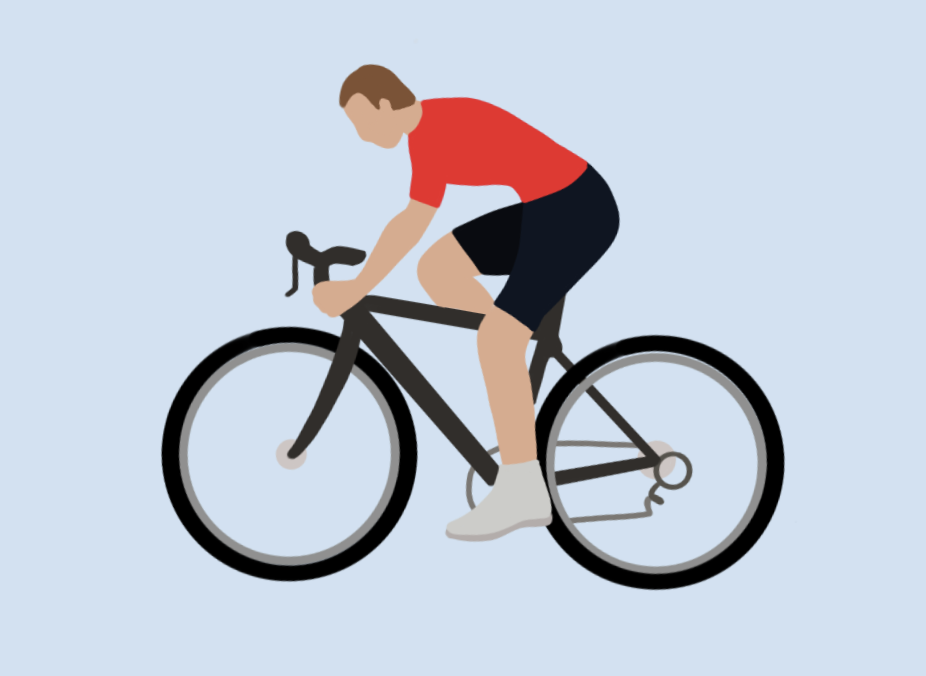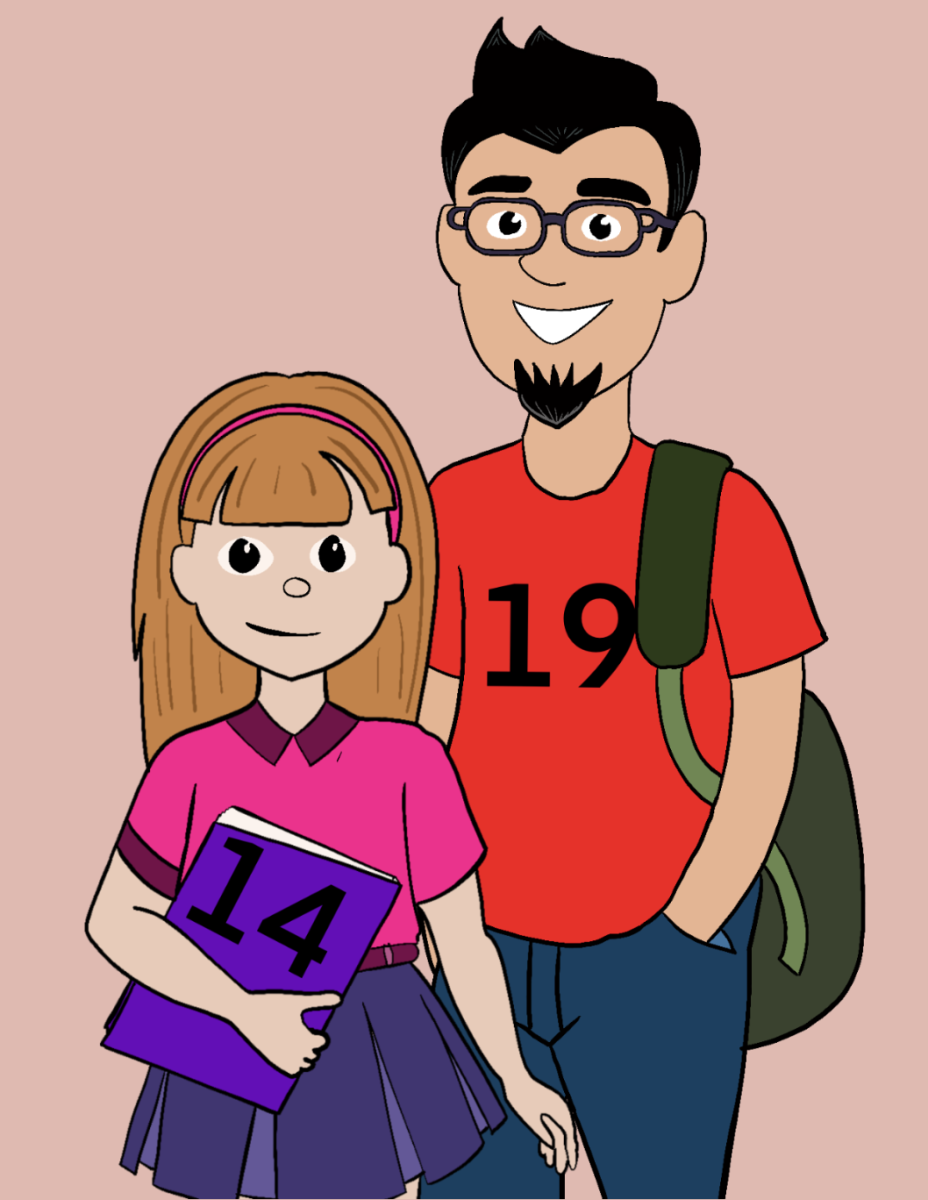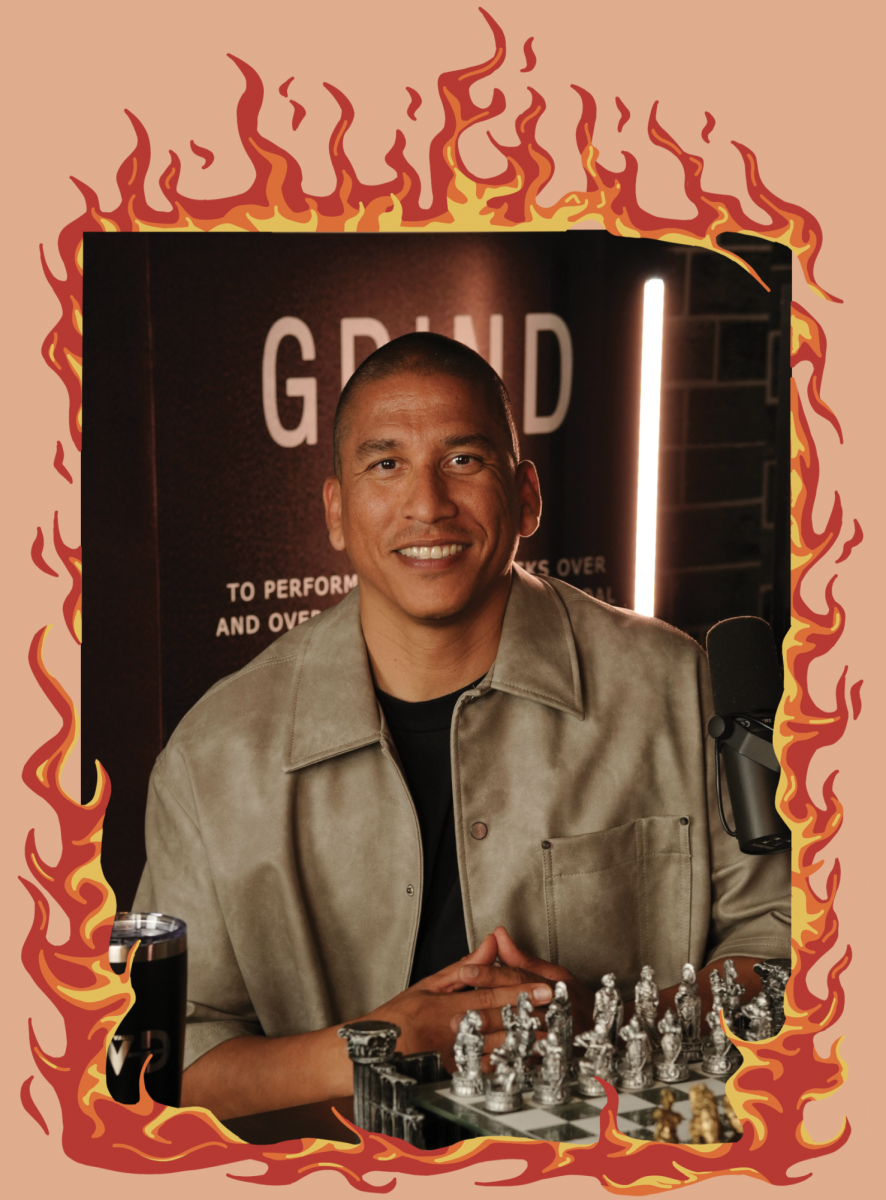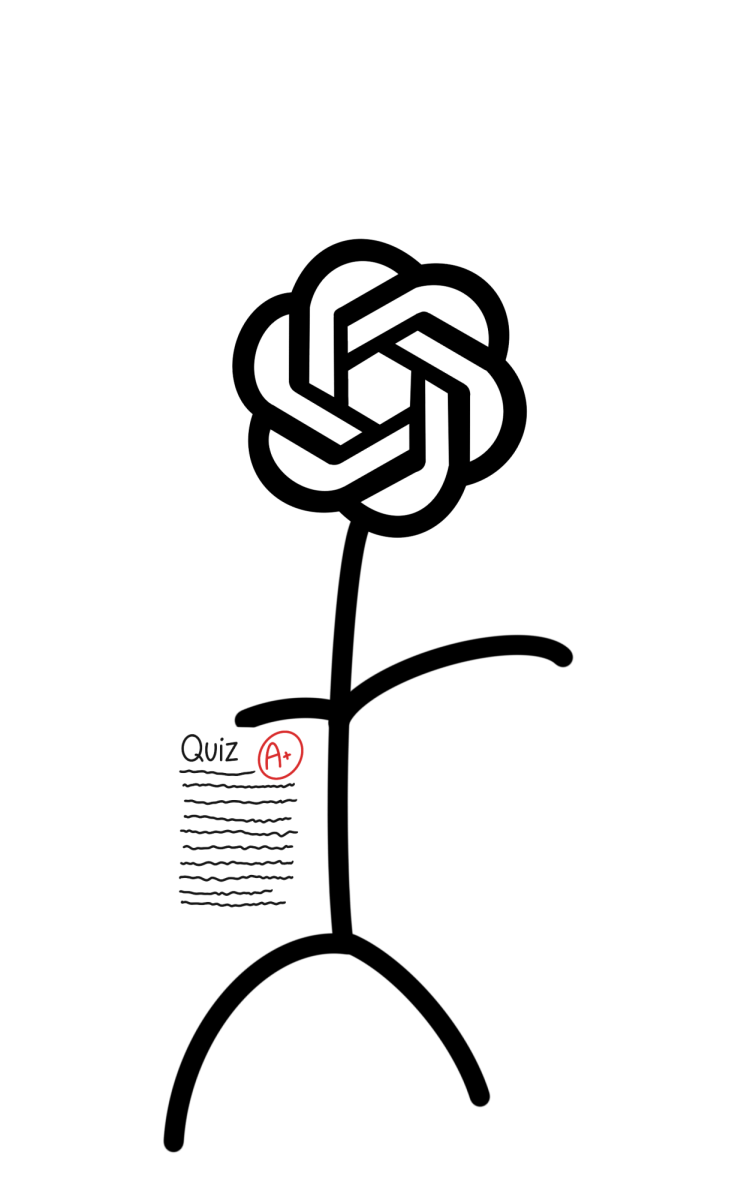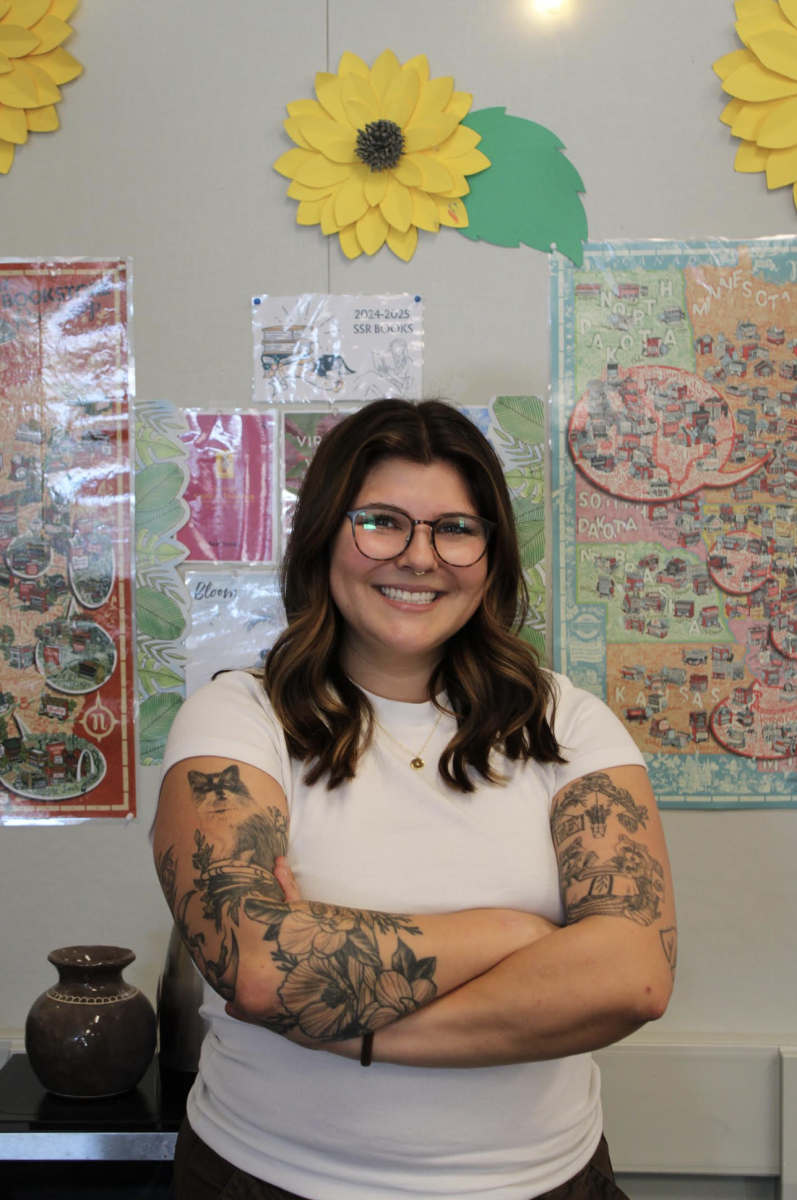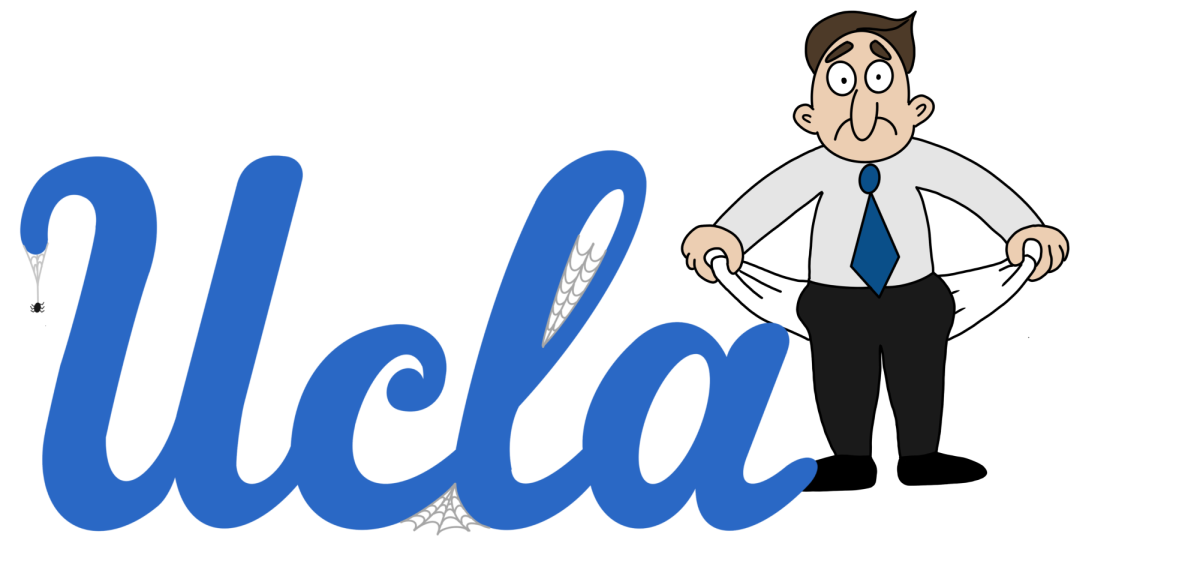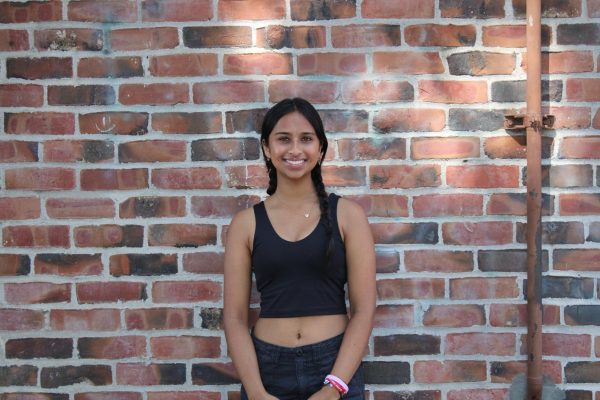With the 2024 college decision season coming to an end, high school seniors are undergoing intense transitions in their lives. Between triumphant acceptances and nerve-racking waitlists, many have also faced their fair share of rejections — especially from the increasingly competitive University of California schools. Seniors received their decisions throughout March after having submitted their applications in late November.
The UCs consist of 10 public university campuses throughout California, with nine of them open to undergraduate students. These campuses include UC Los Angeles, UC Berkeley, UC San Diego, UC Davis, UC Santa Barbara, UC Irvine, UC Santa Cruz, UC Riverside and UC Merced. According to U.S. News World Report, these schools are ranked within the top 40 U.S. public universities, with UC Berkeley and UCLA tying for the first rank.
The UC application included a series of essays called the Personal Insight Questions along with a list of students’ extracurricular activities and awards. FHS senior Marie Anne Madrigal discussed her experience applying to the UCs.
“I started [applying to UCs in] June and I started asking a bunch of prior seniors to read my essays, but specifically seniors who I knew did really well in terms of the UC system,” Madrigal said. “I think I officially finished everything maybe like a week before all the apps were supposed to be turned in. So it definitely took a while.”
According to the UC website, there were a total of 206,893 first-year applicants to at least one UC, a 1.5% increase from last year. According to UCLA and UC Berkeley’s freshmen admit profiles for 2023, the schools have an acceptance rate of 8.8% and 11.6%, respectively. Furthermore, this year, according to UCLA’s website, the university received over 146,000 freshman applications, which is the most out of all the UC campuses.
With deadlines for committing to a school gradually approaching, many are conflicted between their options. Factors like financial aid, waitlists, location and prestige play a role in students’ decisions. For many students, commiting to schools that were not their dream schools is a disillusioning experience, especially after putting in significant effort to apply and work hard throughout high school.
“The outcome wasn’t what I was expecting,” Madrigal said. “I got rejected from a good majority of the schools that I was really hoping to get into. I remember I walked out of class crying because no one really sets you up for something like that. Because your whole schooling is set up for college admissions, it was hard to take in.”
With the UC undergraduate admission system being test-blind, meaning they do not consider SAT and ACT scores, they place more weight on their grades, AP test scores, PIQs and extracurricular activities. Finding a balance between all these factors is especially challenging, and the uncertainty students have when it comes to getting in has caused many to have questions about applying to colleges.
“I’m not really sure what extracurriculars I need to stand out to [the UCs],” FHS junior Aditi Jayabalan said. “I’m kind of concerned about my essays because I haven’t really been getting any practice. And I don’t really know what I’m supposed to write in my essays.”
Madrigal, now committed to the University of Washington, advised rising seniors and underclassmen to work hard and pace themselves throughout high school, especially during the college application process.
“[The UCs] are such tough colleges, [and] they’re all reaches,” Madrigal said. “You want to make sure you are putting in your all for school. But at the same time, you want to make sure you’re just not doing too much to the point where you’re burning yourself out.”
FHS social science teacher Geoff Beckstrom, a UC Davis alumn, discussed his different experiences applying to the UCs when he was an FHS senior in 1996.
“I applied to Davis, Santa Cruz, Berkeley and Santa Barbara when I was a senior,” Beckstrom said. “I definitely got into Santa Cruz. I don’t think I got into any of the others.”
Instead of committing to UC Santa Cruz, Beckstrom decided to take a gap year and reapply to UC Davis, where he then was accepted as an undeclared major student.
“I had some not-great grades in sophomore year and junior year,” Beckstrom said. “[When] I ended up getting into Davis, my adjusted GPA was 3.0.”
According to the UC Davis admissions website, the middle 50% of admitted students in 2023 had a weighted GPA of 4.03 to 4.27. Furthermore, even a perfect GPA may not be enough to guarantee admission for a student. Beckstrom mentioned the idea of “yield protection,” a strategy taken by universities where they reject a “perfect” applicant out of concern that the student will not attend their university.
“It’s a very intensely competitive environment, and I feel compassion for the people who are having to deal with it,” Beckstrom said. “One thing that I would say in terms of the human element of it is that you could do everything right and not get into the college you really want.”
In light of these obstacles, Beckstrom encourages students to consider the opportunities they have available to them, whether it is transferring to a UC later on or going to a non-UC school like a California State University.
“What you get out of it is what you put into it,” Beckstrom said. “You just have to keep working hard for it. It’s the nature of a super competitive environment where there aren’t enough seats, [and] you have to keep competing. If you didn’t get [in] right now, all that means is that the door is not open to you yet. The door is not closed forever.”
However, this year, a number of FHS students found success in their UC outcomes. Senior Thomas Rahn applied to every UCs except UC Riverside and received acceptances to all of them.
“I think the first thing [the UCs] look at is probably grades,” Rahn said. “If they see good grades, then that’s probably helpful. I don’t know what they’re looking for in the essays. I think if an essay directly answers the question that it asked [then] that is highly beneficial.”
Along with the high standards for essays and grades, certain majors may also face greater selectivity over others. For example, UC Berkeley’s Electrical Engineering and Computer Science program, one of its most competitive, boasts a low 4.5% acceptance rate according to released data.
“I also applied for math, which is not an impacted major,” Rahn said. “So that probably helped me a lot. Because if you applied for Computer Science, it would be a lot harder because Computer Science is absurdly difficult to get into [because of] how many competitive people there are.”
Despite the many trials and tribulations that came as a result of the college season, there is always room for high hopes for the future and for celebrating hard work and perseverance.
“[College is] just a step in the road, and it can feel like a punch in the gut if you don’t get what you’ve been hoping for,” Beckstrom said. “But just don’t give up.”


